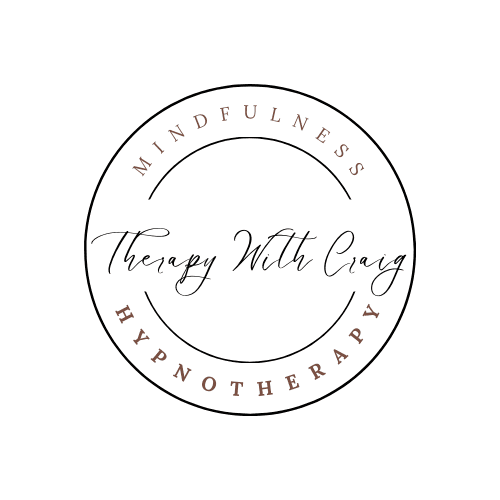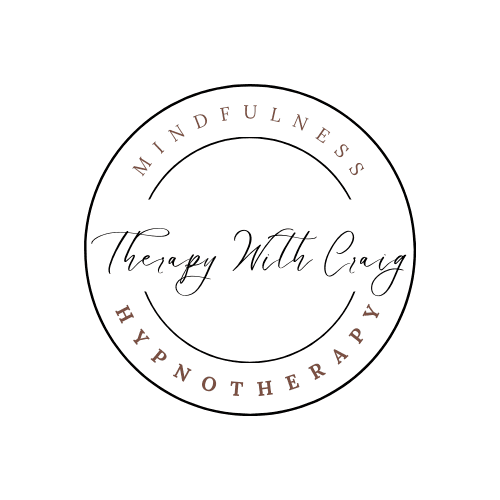
In this post, I describe three ways in which you can dramatically improve your resilience to stress - being improving your sleep, movement, and meditation.
I'll also give you hints, tips, and techniques that you can try from today that you can implement each and everyday which are backed-up with extensive scientific research to improve your resilience to stress and improve your mental health.
Our mental health IS our experience of our life. For me, there is nothing more important than it. I believe that we must proactively look after it, in the same way as we would our physical health - although as you will see, our physical and day-to-day health is a very important factor in our mental and psychological well-being.
Read more below
The three best ways of reducing the impact of stress that I know are:-
1) getting proper sleep
2) movement (exercise)
3) meditation / breathing exercises / effective relaxation
Sleep
During sleep, whilst you are not consciously aware of it happening your brain and body are working incredibly hard to counteract the impact of the previous day.
The excess chemicals that remain in your brain are cleared out through a nightly detox If you get decent sleep.
If you don’t, this doesn’t happen and plays havoc with your resilience to stress, your cognitive function and emotional state.
Sleep is also very important for hormonal balance and endocrine system. There is also a growing body of research to indicate that sleep is an important factor for those looking to lose weight.
Movement (Exercise) For many people that follow my pages/work, those that live with fibromyalgia and chronic pain, the word exercise is immediately overwhelming, daunting and even depressing; because presently their pain levels may preclude them from traditional exercise.
That is not what I am referring to here.
For those that can exercise, then you don't need me to tell you that it is a good idea. The human body is designed to move and if you don't move it, in the future it won't move the way it does now. The harsh truth is, you use it or you lose it.
Movement can be gentle and easy. You don't need to be hanging upside with dangling off you. You don't need to run the marathon. You don't need lycra, a gym, or to be covered in sweat. Walking is an effective movement and doing it (ideally in nature) will improve your mental state.
There is a type of therapy called EMDR, which has been approved by the NHS for the treatment of Post Traumatic Stress Disorder which mimics the subconscious movement of the eyes when walking. This is shown to activate an area of the brain called the insula, which makes your conscious awareness focused on the outside world rather than your own thoughts. This is what is often referred to as "being present in the moment" and this is state of being is always free of anxiousness and feeling low.
Meditation/Breathwork/Effective relaxation
Let's start with what these things are not:-
Meditation is not emptying the mind, be at one, and just letting it go.
You cannot do those things. I have been practicing meditation for over 10 years. And I can shortcut that this for you, those things will never happen.
Breathwork is not taking a deep breath, breathing into a paper bag, or the same as the breathing you are doing right now. It is a focused practice, which needs to be learned and understood. Breathing is fascinating, particularly it's role in our mood and mental health.
Effective relaxation I'll keep this short. From a neurobiological perspective, you simply cannot be relaxed and looking at your phone.
Your phone is an place that your brain finds very stimulating and exciting. We get "hits" of dopamine, the neuromodulator for reward/satisfaction every time you have a sneaky peak at your socials.
Whilst our phones are fun and welcome distractions; they will not help you to relax, in the scientific/neurobiological definition of the word.
So, what to do
Movement - If you can, go outside for a walk, ideally in nature, for as long as you can.
As you do, try and keep your attention on different things that you can see, name them, look closely at a leaf, tree bark, or a bug. Then move your awareness to objects in the medium and long-term distance.
Not for any spiritual or "woo-woo" reason.
Continuing to move your field of focus from very near to very far objects helps your brain to stay present and focused. Importantly not to ruminate on your thoughts.
If you're interested in the brain science (and I know you are) -This activates the insula and importantly deactivates the "default mode network" which are the regions of the brain involved in rumination, over-thinking, and essentially not being present and lost in your own thoughts.
Being outside during daylight hours tells your brain that it is in fact - daytime, and this is shown that it helps to reset your body's natural "clock" to help improve sleep.
If your current levels of pain or other disability preclude you from walking. Focused slow gentle movement, such as tai chi, coupled with the visual exercises above will have the same effects on your physiological and psychological state.
Meditation I believe that any can learn to meditate. I believe that it would have huge benefits to everyone.
Presently, the received wisdom is that if you sit to practice and your mind doesn't instantly clear then it doesn't work for you. However, that is patently incorrect. Your mind won't clear and thoughts will still happen. Sometimes you won't like the thoughts that arise either.
Meditation is not about stopping thoughts. It is to notice that you are thinking, continually and constantly, and sometimes about unpleasant things.
When those thoughts arise, then challenge your mind to come back under your control and think about the thing you started with.
Here's a meditation exercise you can try:-
Sit and close your eyes (assuming you and those around you would be safe to do so) and bring your awareness to the inside of the nose, i.e. nasal passage/nostrils, and breath normally.
Try to hold your attention where you can feel the breath moving in to the body. Your mind will wander. This is normal and what should and will happen. When it does, come back to focussing on the area of the skin inside the nose that you can feel the air moving in.
The act of moving your mind back from the thought is meditation and meditation is not anything else.
This type of meditation is called anapana or anapassana. It was taught by the Buddha himself 2,500 years ago. So you know it's good ;)
Sleep
Dramatically Improve your sleep by doing these things.
Go outside in natural daylight as soon as you can after you wake in the morning.
This resets the body's natural clock (circadian rhythms) and you will feel more awake around 30/60 minutes afterwards.
And then these points on "sleep hygeine"
3 hours before bed - eat your meal (i.e. don't eat your main before closer to bed time than this)
2 hours before bed - no phone or computer screens
1 hours before bed - dim the artificial lights around you
I would love your feedback! Please let me know if you would like me to share any more on any of these things.

